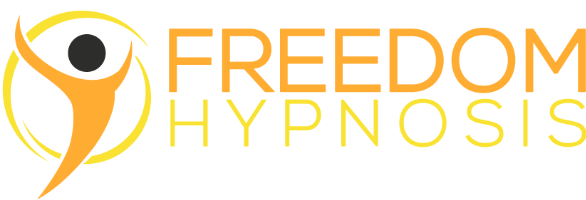Nobody could have been left unmoved by the revelations of retired football players this month. First a lone footballer speaks out about the sexual abuse he suffered as a child from a coach, then the floodgates opened up as we realise the extent of the abuse for the first time.
The numbers don’t surprise me, that culture was toxic in many ways, it still is. What surprises me is that so many adults including those in the know actually think those men should just get over it, put it in the past, bury it, ignore it, take one for the team (again). It was clear that hadn’t, they couldn’t, they didn’t know how. The memories were as vivid, painful and frightening today as they were 30 years earlier. Several of the victims said that not a day had gone past when it hadn’t affected them. Many suffered from anxiety, many would drink too much, undoubtedly there was shame, anger, guilt, difficulty in moving on to the next phase of their lives.
Post Traumatic Stress Disorder (PTSD) is characterised by intrusive stressful thoughts, hyper-vigilance, anxiety, anger, loss of sleep, irritation, shame, depression, suicidal. This mental health condition is notorious for it longevity. Even depression, left untreated, has a tendency to go away on its own for many suffers. Not so much for PTSD.
It’s worth remembering that it’s not a disorder to be upset, to ruminate over the incident, to lose sleep, to be on alert when we go through something over-whelmingly negative, such as loss, injury, abuse, tragedy. The disorder is to not to return to normal emotional comfort within a month or two. I’m not sure why but about 75% of the population that goes through trauma spontaneously get better. The remaining 25% struggle to recover and can stay in that emotionally wounded state for decades. Typically they resort to coping strategies, repression, anger, drink, drugs, sex, becoming an abuser, isolation, just surviving.
Thankfully, over the last few decades psychological research has identified methods to quickly and painlessly deal with memories that are too painful to process normally. Now, treatments for PTSD are typically just a session or two from a qualified therapist – (It’s important to make the point that counselling does not qualify as a ‘treatment’. Counselling is care and support which is quite different and may be appropriate immediately after the trauma but it is not a treatment for PTSD and can, in fact, make things worse.)
There are many reasons why people don’t seek treatment:
- fear of the pain of reliving it
- failure of previous treatments or distrust of therapists
- loss of faith in NHS/state provision of care
- concern over lengthy or costly treatment
- shame/guilt (ironically)
- too humiliating
- they feel (inappropriately) deserving of the abuse and what happened
Thankfully modern therapy such as Cognitive Hypnotherapy is able to work without you needing to discuss any details of the trauma and a good therapist will ensure the session is an entirely positive experience. Private treatments can be arranged at short notice with a therapist of your choice and therapy should give you improvements from the first session and rarely last more than a session or two. Ask a friend for a recommendation for a therapist that quickly and painlessly dealt with a problem or message me so we can talk. It’s time to get treatment so that you can take control back of your life and end the suffering.
Simon.

Recent Comments